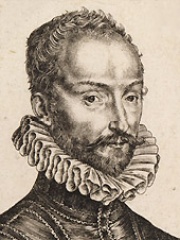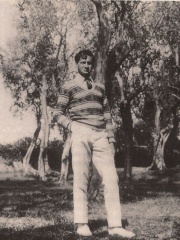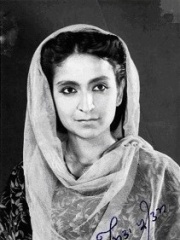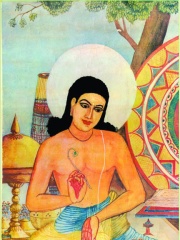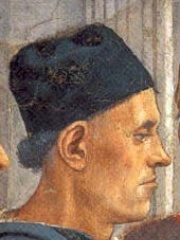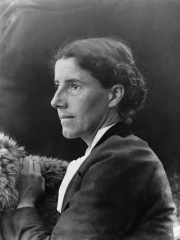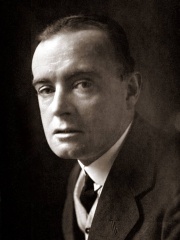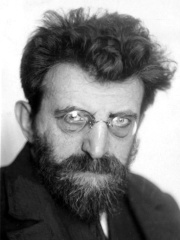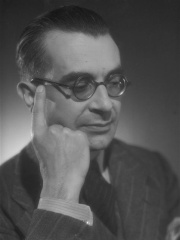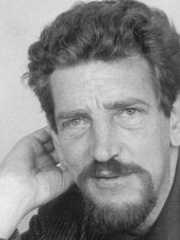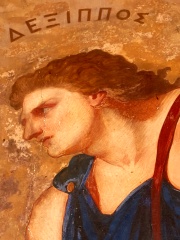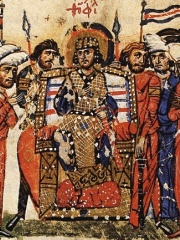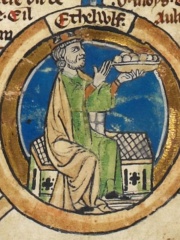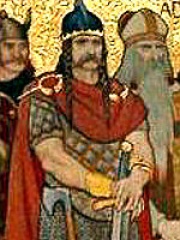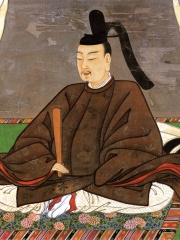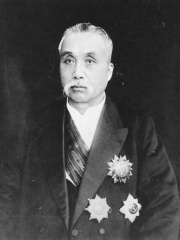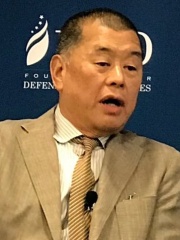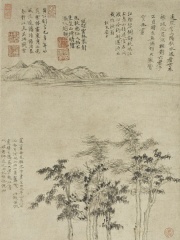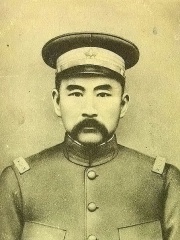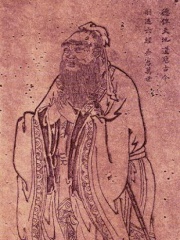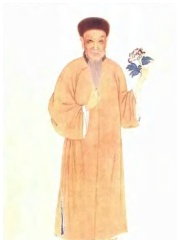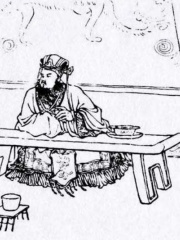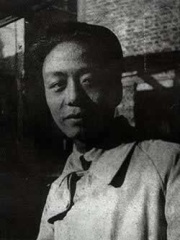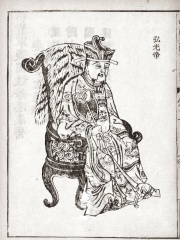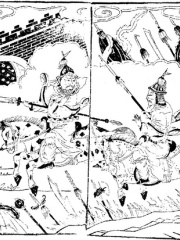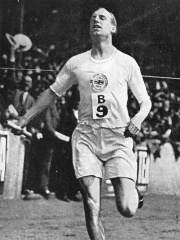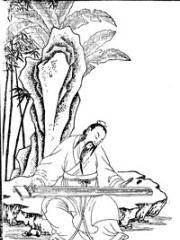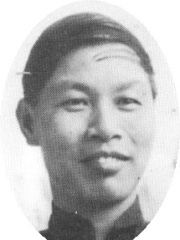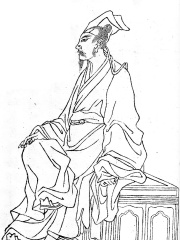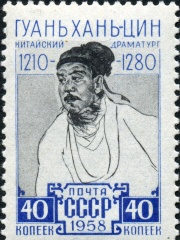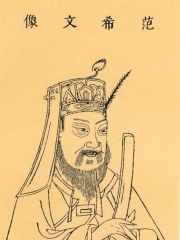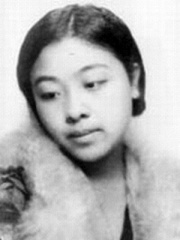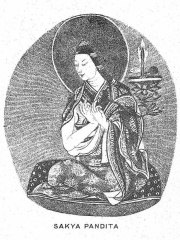Writer
Li Shangyin
813 - 858
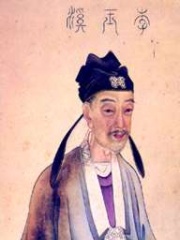
 Li Shangyin
Li Shangyin
Li Shangyin (Chinese: 李商隱; pinyin: Lǐ Shāngyǐn, c. 813–858), courtesy name Yishan (Chinese: 義山), was a Chinese poet and politician of the late Tang dynasty, born in the Henei Commandery (now Qinyang, Henan). He is noted for his imagist and "no-title" (Chinese: 無題; pinyin: wútí) poetic style. Li has been frequently anthologized, and many of his poems have been translated into various languages, including several collections in English. Read more on Wikipedia
His biography is available in 26 different languages on Wikipedia. Li Shangyin is the 2,163rd most popular writer (down from 2,099th in 2024), the 571st most popular biography from China (up from 582nd in 2019) and the 55th most popular Chinese Writer.
Memorability Metrics
Page views of Li Shangyin by language
Among Writers
Among writers, Li Shangyin ranks 2,163 out of 7,302. Before him are Étienne Jodelle, Yvan Goll, Amrita Pritam, Sankardev, Luigi Pulci, and Charlotte Perkins Gilman. After him are Saki, Erich Mühsam, Roger Peyrefitte, Per Wahlöö, Antonine Maillet, and Dexippus.
Most Popular Writers in Wikipedia
Go to all RankingsÉtienne Jodelle
1532 - 1573
HPI: 62.74
Rank: 2,157
Yvan Goll
1891 - 1950
HPI: 62.74
Rank: 2,158
Amrita Pritam
1919 - 2005
HPI: 62.74
Rank: 2,159
Sankardev
1449 - Present
HPI: 62.74
Rank: 2,160
Luigi Pulci
1432 - 1484
HPI: 62.74
Rank: 2,161
Charlotte Perkins Gilman
1860 - 1935
HPI: 62.73
Rank: 2,162
Li Shangyin
813 - 858
HPI: 62.73
Rank: 2,163
Saki
1870 - 1916
HPI: 62.73
Rank: 2,164
Erich Mühsam
1878 - 1934
HPI: 62.72
Rank: 2,165
Roger Peyrefitte
1907 - 2000
HPI: 62.72
Rank: 2,166
Per Wahlöö
1926 - 1975
HPI: 62.72
Rank: 2,167
Antonine Maillet
1929 - 2025
HPI: 62.72
Rank: 2,168
Dexippus
210 - 278
HPI: 62.72
Rank: 2,169
Contemporaries
Among people born in 813, Li Shangyin ranks 2. Before him is Theophilos. Among people deceased in 858, Li Shangyin ranks 5. Before him are Æthelwulf, King of Wessex, Pope Benedict III, Kenneth MacAlpin, and Emperor Montoku. After him is Sedulius Scottus.
Others Born in 813
Go to all RankingsOthers Deceased in 858
Go to all RankingsÆthelwulf, King of Wessex
POLITICIAN
795 - 858
HPI: 82.01
Rank: 1
Pope Benedict III
RELIGIOUS FIGURE
810 - 858
HPI: 77.02
Rank: 2
Kenneth MacAlpin
POLITICIAN
810 - 858
HPI: 71.54
Rank: 3
Emperor Montoku
POLITICIAN
827 - 858
HPI: 65.87
Rank: 4
Li Shangyin
WRITER
813 - 858
HPI: 62.73
Rank: 5
Sedulius Scottus
PHILOSOPHER
850 - 858
HPI: 55.31
Rank: 6
In China
Among people born in China, Li Shangyin ranks 571 out of 1,610. Before him are Xu Shichang (1855), Jimmy Lai (1948), Ni Zan (1301), Lu Ji (261), Zhang Xun (1854), and Wu Daozi (680). After him are Yuan Mei (1716), Helü of Wu (-550), Ai Qing (1910), Zhu Yousong (1607), Li Jue (200), and Eric Liddell (1902).
Others born in China
Go to all RankingsXu Shichang
POLITICIAN
1855 - 1939
HPI: 62.82
Rank: 565
Jimmy Lai
BUSINESSPERSON
1948 - Present
HPI: 62.79
Rank: 566
Ni Zan
PAINTER
1301 - 1374
HPI: 62.79
Rank: 567
Lu Ji
WRITER
261 - 303
HPI: 62.77
Rank: 568
Zhang Xun
POLITICIAN
1854 - 1923
HPI: 62.77
Rank: 569
Wu Daozi
PAINTER
680 - 740
HPI: 62.74
Rank: 570
Li Shangyin
WRITER
813 - 858
HPI: 62.73
Rank: 571
Yuan Mei
WRITER
1716 - 1798
HPI: 62.71
Rank: 572
Helü of Wu
POLITICIAN
550 BC - 496 BC
HPI: 62.70
Rank: 573
Ai Qing
WRITER
1910 - 1996
HPI: 62.67
Rank: 574
Zhu Yousong
POLITICIAN
1607 - 1646
HPI: 62.66
Rank: 575
Li Jue
POLITICIAN
200 - Present
HPI: 62.66
Rank: 576
Eric Liddell
ATHLETE
1902 - 1945
HPI: 62.65
Rank: 577
Among Writers In China
Among writers born in China, Li Shangyin ranks 55. Before him are Ji Kang (223), Watchman Nee (1903), Yuan Zhen (779), Guan Hanqing (1210), Fan Zhongyan (989), and Lu Ji (261). After him are Yuan Mei (1716), Ai Qing (1910), Erin Hunter (null), Ding Ling (1904), Li Yu (1610), and Sakya Pandita (1182).
Ji Kang
223 - 262
HPI: 63.68
Rank: 49
Watchman Nee
1903 - 1972
HPI: 63.30
Rank: 50
Yuan Zhen
779 - 831
HPI: 63.17
Rank: 51
Guan Hanqing
1210 - 1280
HPI: 62.86
Rank: 52
Fan Zhongyan
989 - 1052
HPI: 62.85
Rank: 53
Lu Ji
261 - 303
HPI: 62.77
Rank: 54
Li Shangyin
813 - 858
HPI: 62.73
Rank: 55
Yuan Mei
1716 - 1798
HPI: 62.71
Rank: 56
Ai Qing
1910 - 1996
HPI: 62.67
Rank: 57
Erin Hunter
HPI: 62.42
Rank: 58
Ding Ling
1904 - 1986
HPI: 62.35
Rank: 59
Li Yu
1610 - 1680
HPI: 62.25
Rank: 60
Sakya Pandita
1182 - 1251
HPI: 62.24
Rank: 61
